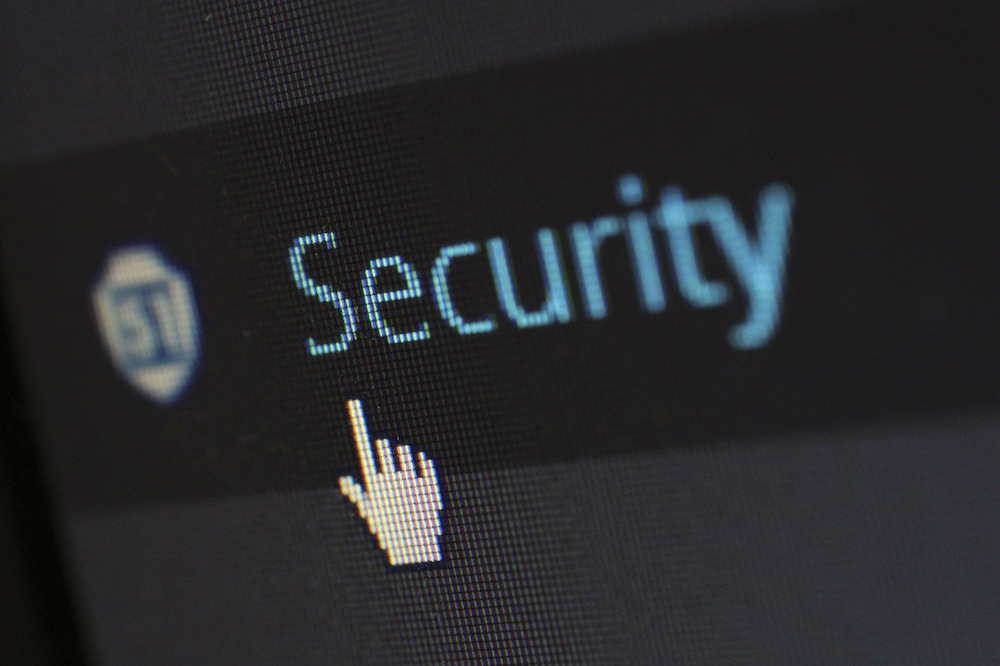While working from home is more convenient for many workers and makes them more productive, it can hugely increase the risks of cyber attacks against businesses.
This is because remote workers are targeted by criminals more often as they’re seen as an easier target.

As an example, during the early stages of lockdowns and remote working, phishing attacks against employees increased 600%.
Nearly a quarter of companies reporting spending money to resolve a security breach involving an employee working from home.
The point is, if you’re going to rely on working from home or remotely long-term, security your remote devices needs to be a top priority.
Communications Plus discusses why you need to secure your remote working.
Remote employees make easier targets
As we’ve already mentioned, phishing emails targeting employees increased more than 600% in 2020.
Employees working from home won’t be able to ask someone about a suspicious email, and an ‘urgent’ email requesting they click a link, sent at just the right time, could result in an employee falling victim.
Employees have weaker Wi-Fi security
Unlike an office space, most employees won’t have enterprise level Wi-Fi at home, instead they’ll have a basic domestic connection.
While domestic Wi-Fi does have security built in, it doesn’t have the same level of security and can be more easily targeted by a cyber criminal.
For example employees tend to use weaker Wi-Fi passwords for their own internet (or use the passwords that come with the router)
Increasing the risks from public Wi-Fi
Working remotely doesn’t necessarily mean working from home, and if employees don’t have enough data on their mobile plan, they could find themselves relying on unsecure public Wi-Fi connections that put their data at risk.
Increasing risks from Bring Your Own Device
If your employees are working from home you might have to rely on them using their own devices if your business doesn’t have mobile technology like business phones or laptops.
This can be highly insecure because employee’s won’t necessarily have the best security on their own devices.
This is especially true if they don’t regularly update their devices, which could mean they don’t have the latest versions of security on their phones.
Falling foul of GDPR and data security
One of the biggest risks your business faces with remote working and not protecting yourself, is falling into trouble with GDPR fines – which can run into millions depending on their incomes.
As well as the data breach risks, you’ve also got other compliance issues to deal with if you have to answer for a GDPR leak.
For example, you need to have an audit trail of everything you’ve done to keep information secure, if employees are working from home they might necessarily report everything so you could face heavier fines.
You also have the risk that an employee won’t immediately report if they’ve been hacked or responded to a phishing email because they’ll be concerned about the consequences – which will put you in even more trouble.
Securing your remote working is a top priority
Whether you need to invest in enterprise broadband in the home, or you need a business mobile phone plan that offers a good level of mobile data, security your remote working needs to be a top priority in today’s world.
Failing to provide the required security devices and employee training cannot only put your business’ and your customers’ data at risk, it could leave you open to significant penalties and fines.



